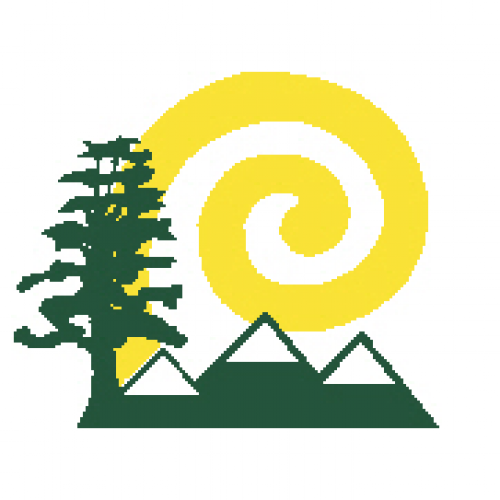
Parenting Resource: How to help kids be grateful and kind
The following information is from the Sparklers website and is used with permission - many thanks to Anna Mowat and the Sparklers team. Head to https://sparklers.org.nz/ for more great resources!
Model kindness
Your children will learn how to be kind mostly by watching you, so keep helping others, being friendly, giving compliments and sharing little bits of love. Doing so is a win-win, as it’ll be good for your wellbeing too!
Ditto gratitude
Just like sharing or turn taking, gratitude
is a social skill children need to see, learn
and practice. By showing your appreciation
and acknowledging the people and things
you’re grateful for (and why), you’ll help
your tamariki learn that gratitude extends
far beyond material things.
Empathy starts with emotions
To develop empathy, children need to:
1. feel kindness from you and those who care for them
2. be free to discover and express their emotions
3. see a wide range of emotions in others
4. learn how to put themselves in others shoes.
Recognise kindness
Identify examples of kindness in other
people and in your kids’ favourite stories.
Point out what is good about the way
people are acting and talk with your
tamariki about situations when they could
choose to act like that.
Encourage pitching in
Be grateful when your kids help out. Thank them and praise their efforts, even if they don’t get things 100% right. To encourage ‘pitching in’, rather than ask (complain or nag!), try: “I’m feeling pretty tired tonight. I’d love it if you could help me with the dishes.” By giving them a choice, you’re empowering them to show empathy and kindness. Tell them what a big difference they’ve made.
Give with your kids
If you want to make a donation or do something nice (e.g. baking, cooking or buying flowers for someone who’s had a tough time), encourage your kids to help and let them come with you when you deliver the goodies so they can discover first hand how it feels to brighten someone’s day.
Use special events as ‘excuses’ to be kind
Children love celebrations and they can be
a great opportunity to encourage kindness.
At Halloween for instance, you could try
collecting non-perishable items instead
of lollies, to give to 0800 Hungry or the
Christchurch City Mission. At Christmas,
you could create a kindness advent calendar
where you do one small, kind act each day
in the lead up to Christmas.
Create a ‘kindness bucket list’
Another fun idea is to create a whānau
bucket list of five or ten kind things you’d
love to do. Plan them together, and do the
acts on the weekend or when your kids are
around so they can experience them too.
Whenever you do something, work together to replace it with a new idea. You could try:
- taking flowers from your garden to a friend
- delivering baking to someone awesome
- doing something special for your partner or parents
- sending cards to someone you appreciate
- taking flowers to the cemetery.
Earth love
Spending time in nature is scientifically
proven to be good for us! To extend this
happiness boost, teach your kids to look
after our special outdoor spaces. Pick up
litter, recycle and do your bit to look after
the planet. And your kids will too.
Mealtime gratitude
A great mealtime conversation is for each
member of the whānau to say a few things
they’re grateful for and why. E.g. I’m
grateful for the sunny day because it meant
we could play outside. I’m grateful that Dad
picked me up from school because I was
feeling really tired.
A gratitude diary
Another great way to practice gratitude is
to create family (or individual) gratitude
diaries where you and your older tamariki
can record things you’re grateful for.
GIVING IS
GOOD FOR YOU
PARENTING IS A BUSY GIG
BUT THE GOOD NEWS IS THAT GIVING
OUR TIME AND LOVE TO OTHERS
IS PROVEN TO BOOST OUR OWN
WELLBEING TOO.
For our favourite kids’ books, resources and tips, head to allright.org.nz/sparklers/kids
We’d like to thank the following people for helping us create this resource.
• Clare Tatterson: Developmental Psychologist at the Champion Centre, Christchurch
